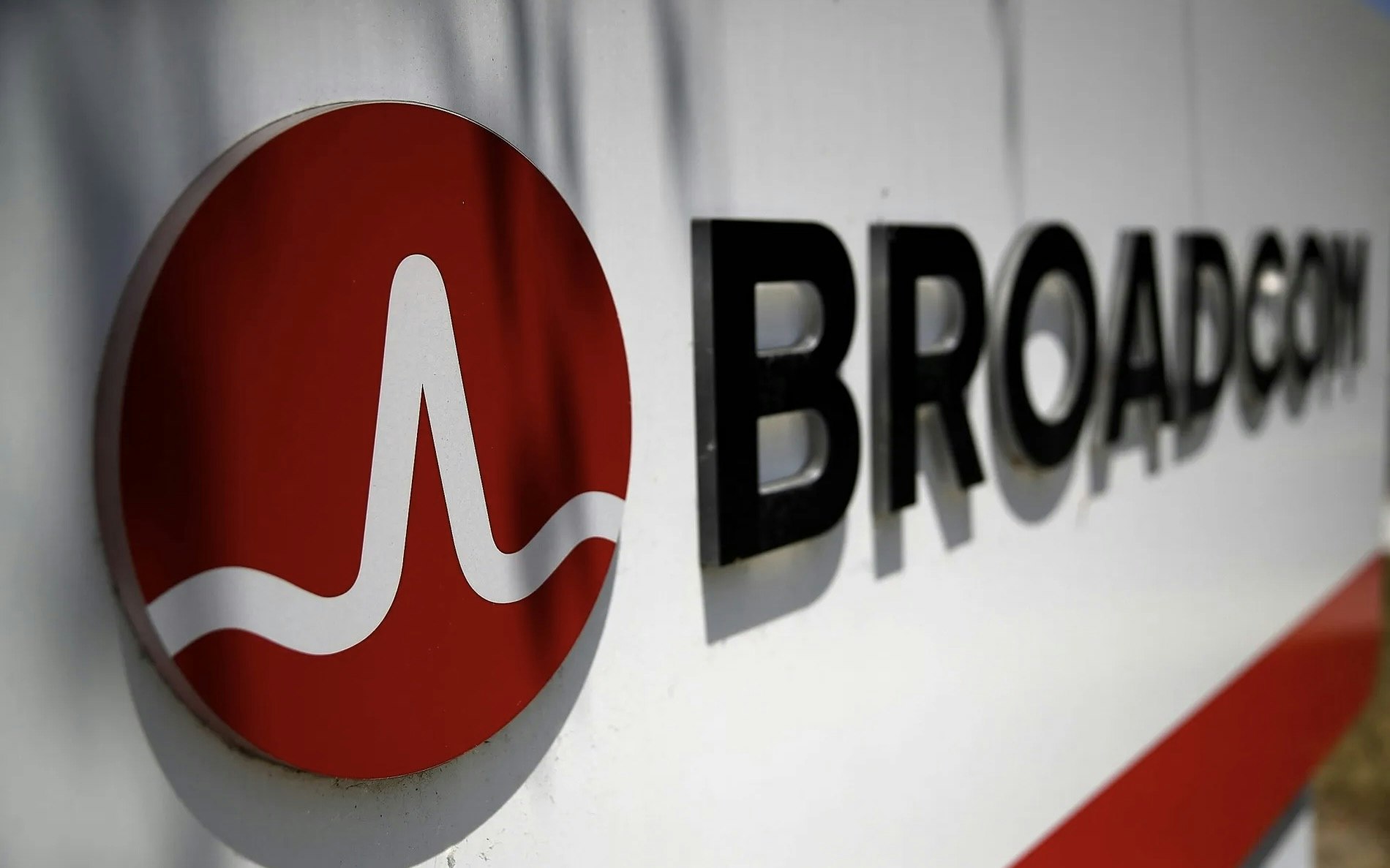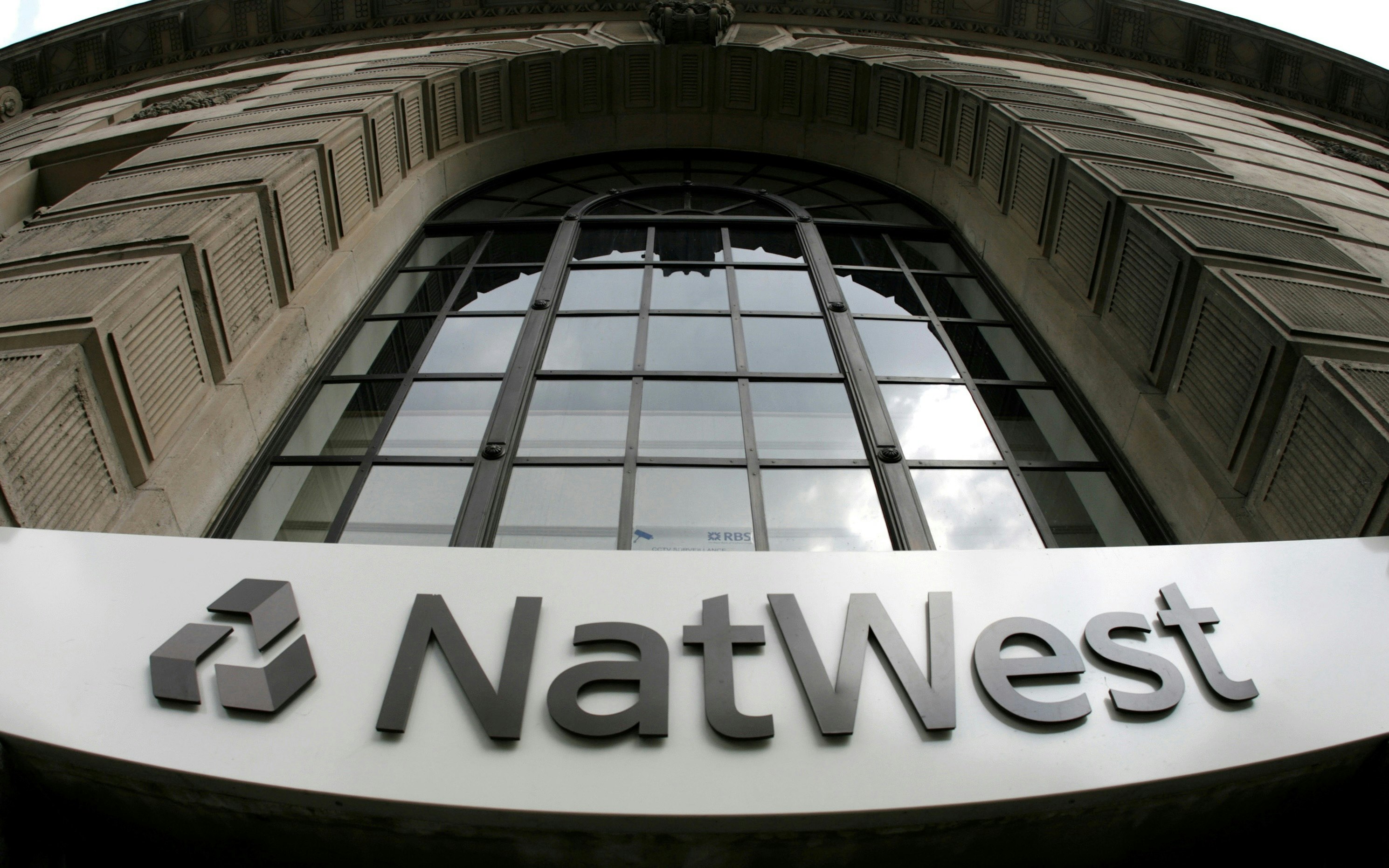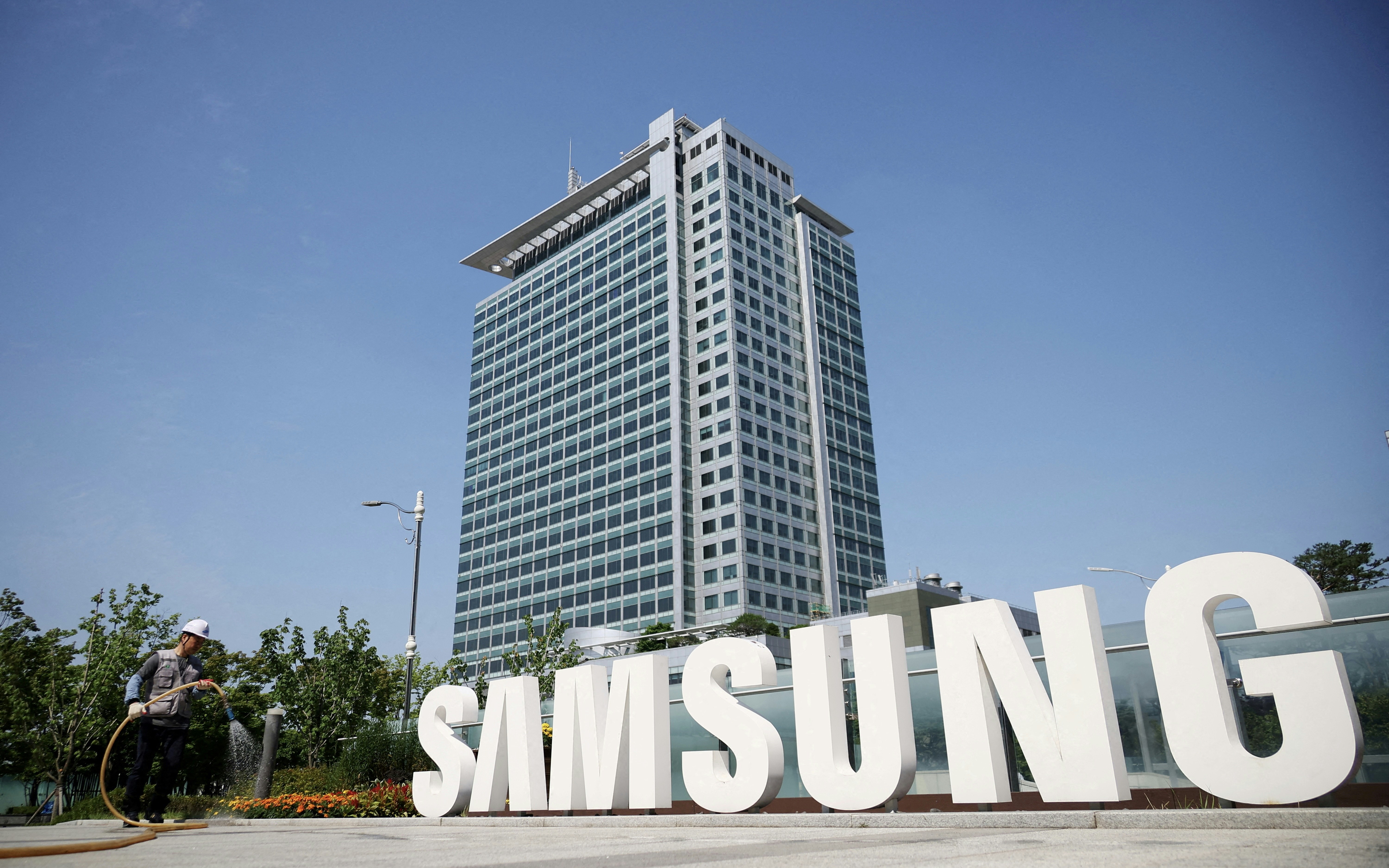Business
Toyota Expects Decline in Profits but Announces Share Buyback
Japanese automaker reports: Net profit in the fourth quarter up 80% from the previous year.

Toyota Motor, the Japanese car manufacturer, reported a sharp increase in net profit for the fourth quarter and announced a share buyback, despite a forecast for declining profits in the next fiscal year due to higher costs. In the fourth quarter, which ended March 31, net profit rose 80% from the previous year to 997.6 billion yen ($6.45 billion), exceeding analysts' estimates of 752.85 billion yen.
Here is the translation of the heading to English:
"Quarterly Sales Increased by 14% to 11.073 Trillion Yen, Driven by a Weaker Yen and Strong Sales Growth in North America and Europe, Despite a Sales Decline in Japan Due to Certification Issues at Subsidiary Daihatsu Motor and Partner Company Toyota Industries."
A Weaker Yen Benefits Japanese Car Manufacturers Making Exports More Competitive and Raising the Yen Value of Overseas Profits. Toyota Also Profits from a Trend Among Consumers in the USA and Other Markets Towards Hybrid Vehicles Over Pure Electric Ones. Many Car Buyers Opt for Hybrids Over Pure Electrics Due to Concerns About Charging Infrastructure and Higher Prices, Viewing Them as a More Economical Option.
For the fiscal year that began in April, Toyota forecasts a 28% decline in net income to 3.57 trillion yen, partly due to increased costs for materials, labor, and research and development expenses. Revenue is expected to increase by 2.0% to 46 trillion yen.
Group Vehicle Sales Expected to Decrease to 10.95 Million Units, Down from 11.09 Million Units Last Fiscal Year. Toyota and its Luxury Brand Lexus Anticipate Selling Approximately 4.7 Million Hybrid Vehicles in the Current Fiscal Year, Up from 3.7 Million Units the Previous Year, and About 171,000 Battery Electric Vehicles, Compared with About 117,000 Units Last Year.
The company announced it plans to repurchase up to 1 trillion yen of its own shares by the end of April 2025, in part to respond to potential divestment plans of its stakeholders. It could repurchase up to 3.0% of its outstanding shares.






